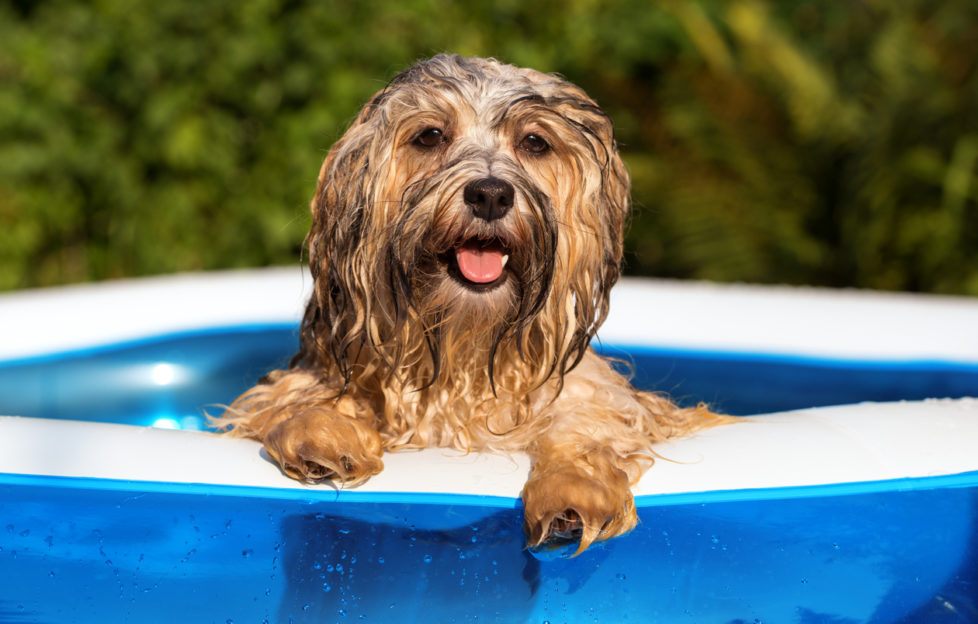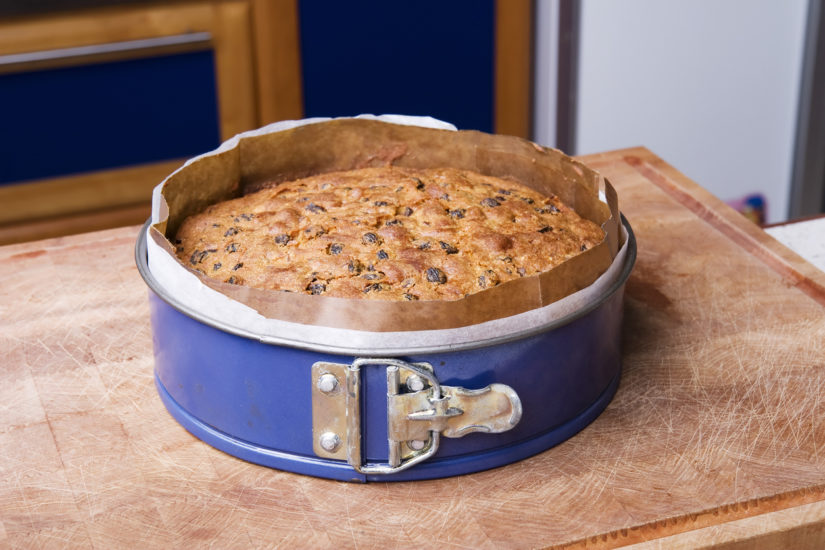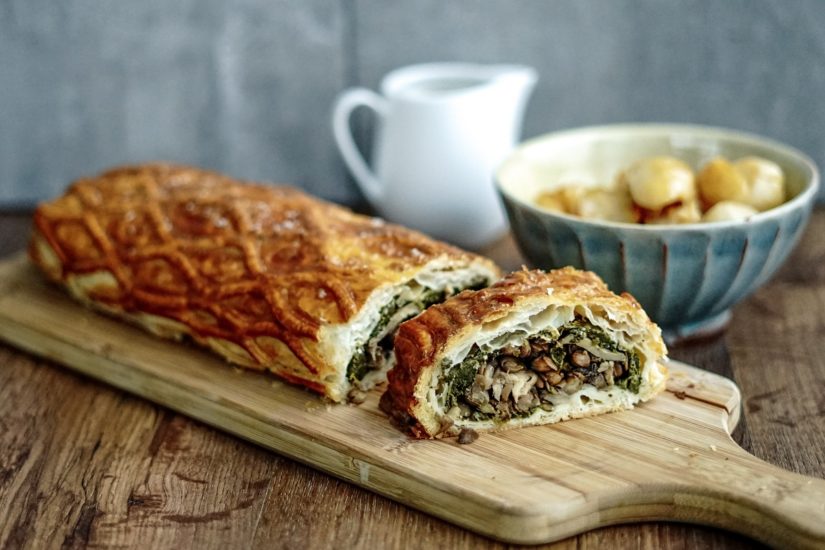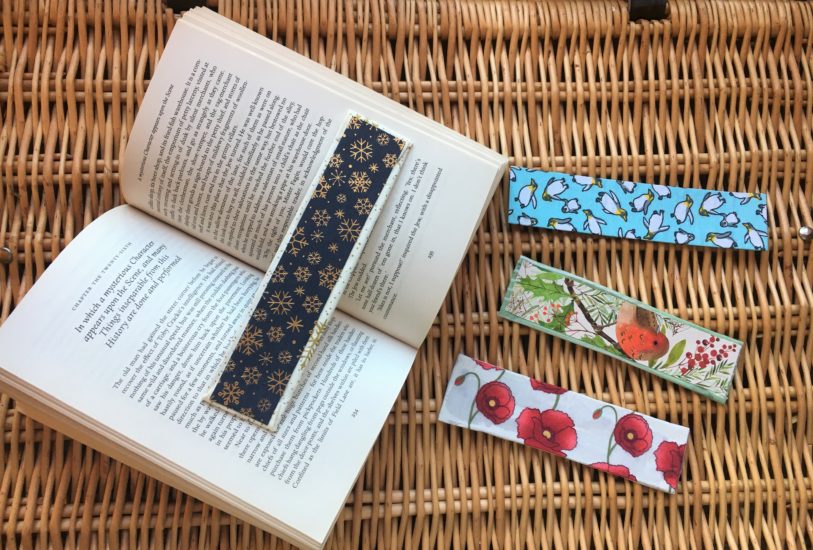 iStock.©
iStock.©As I write this, July in this part of Scotland is looking . . . less than summery.
It’s blowing a gale, the sky is several shades of grey, and the spots of rain herald a promised deluge.
Still, elsewhere in the country temperatures are soaring. This makes the advice we received this morning from the British Veterinary Association (BVA) particularly timely.
In last year’s heatwave, almost two-thirds of Britain’s vets reported treating animals affected by heat-related conditions. A survey of members showed that half had treated animals for heat stroke (51%). More than one in three (36%) had seen animals requiring treatment for other conditions relating to hot weather, like breathing difficulties, heart conditions, burnt paw pads and sunburn.
What are the risks?
The BVA advises that dogs in particular may struggle to stay cool in high temperatures and humid conditions. Unlike humans, dogs are unable to cool down quickly through sweating, making them vulnerable to overheating. Flat-faced breeds such as English or French bulldogs and pugs are at greater risk; their short muzzles can make breathing difficult, and cooling down much harder.
Tragically, one vet in BVA’s survey reported seeing a three-year-old, double-coated breed last May who had overheated and collapsed after a 20-minute walk in the hot sun.
“The dog presented with a body temperature of over 43°C — almost 5°C above normal,” the vet wrote. “A team of two vets and six nurses tried active cooling and fluid therapy to save it, but all attempts to resuscitate it failed. It devastated the whole team who tried so hard to save the dog.”
Like dogs, rabbits cannot sweat or pant to regulate their body temperature and cool down. That’s why it’s important that their hutch or run isn’t exposed to direct sunlight at any time of the day. Flystrike is also a life-threatening risk in the warmer months. Daily inspection around their back end and under their tail is essential. Seek veterinary advice immediately if you see any maggots.
Some breeds of light-coloured cats and dogs, or those with finer fur, may benefit from appropriate sun cream. Don’t forget to apply it to the ears, which are prone to sunburn.
Consult your local vet to ensure you are providing the right protection in the right place. Make sure, too, that birds in cages or aviaries have adequate shade and are not exposed to direct sun.
How can owners help?
“We’re advising owners to take some simple steps to ensure that their much-loved pets stay happy and healthy this summer,” BVA Junior Vice President Daniella Dos Santos said. “Even relatively lower temperatures at the start and end of a summer day can prove uncomfortable for our pets, especially if they are kept in direct sunlight without any shade.
“Vets know that dogs in particular won’t stop enjoying themselves and exercising because it is hot, so it’s up to owners to do all they can to prevent overheating happening.
“This includes making sure they aren’t walked or exercised in the middle of a hot day, or left inside a hot car or conservatory for even a little while.
“If you’re concerned about your pet in the hot weather, we’d recommend contacting your local vet immediately.”
Eight Steps To Protect Your Pets
The BVA and the British Small Animal Veterinary Association (BSAVA) have highlighted eight simple steps to help keep dogs and other pets safe as the temperature rises:
- Make sure pets always have adequate fresh water to drink.
- Provide shade from the sun, especially during the hottest part of the day.
- Provide adequate ventilation at all times.
- Avoid exercising dogs in the heat of the day, especially older dogs, flat-faced breeds or dogs that you know have heart or lung problems.
- Watch out for early signs of heatstroke, such as heavy panting, restlessness and lack of coordination.
- Contact a vet immediately if the animal does not respond to efforts to cool it down.
- Never leave dogs in vehicles: “Not long” is too long.
- If you suspect heatstroke or any heat-related condition, take your dog to a cool, well-ventilated place and give it water to drink. Seek immediate advice from your local vet.
Click here for ways to enjoy the sunny weather for free.
We also have advice on looking after your garden in hot weather, too.




